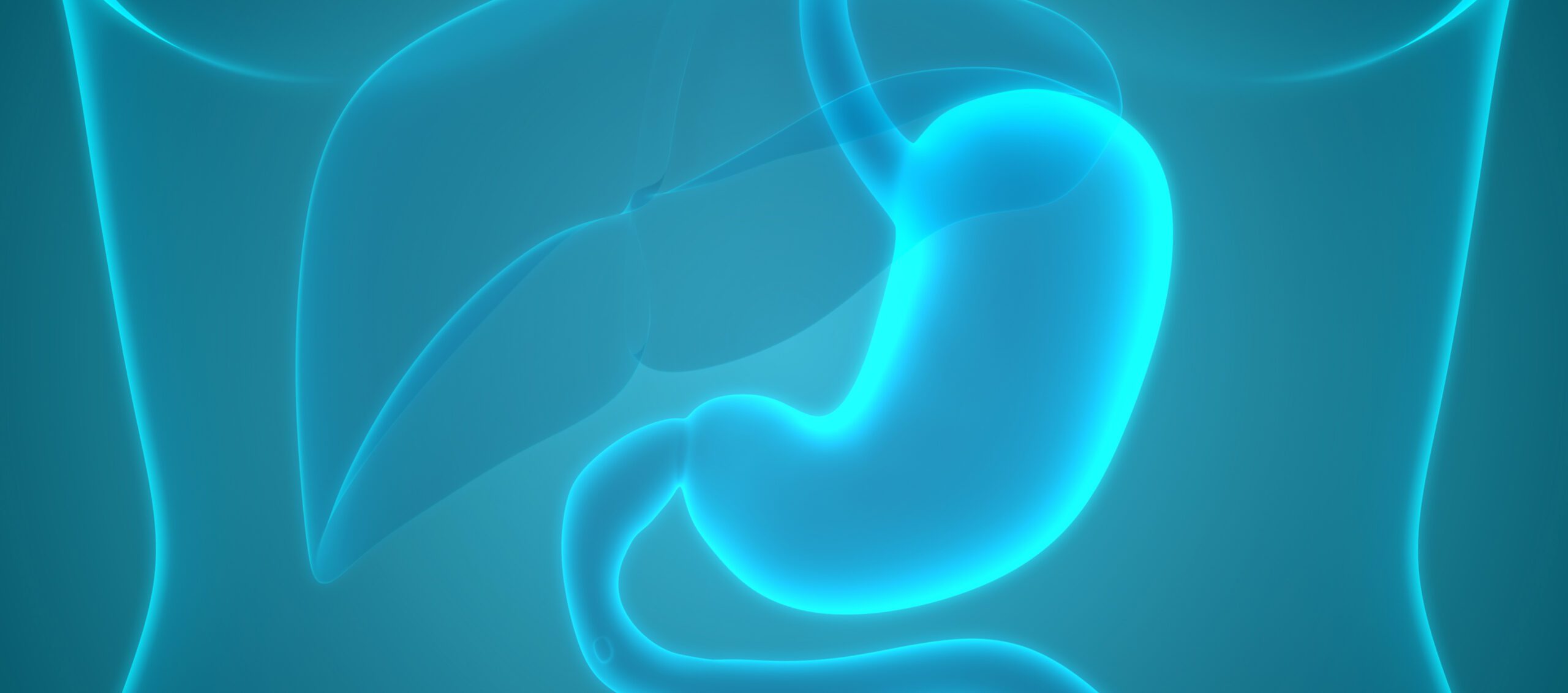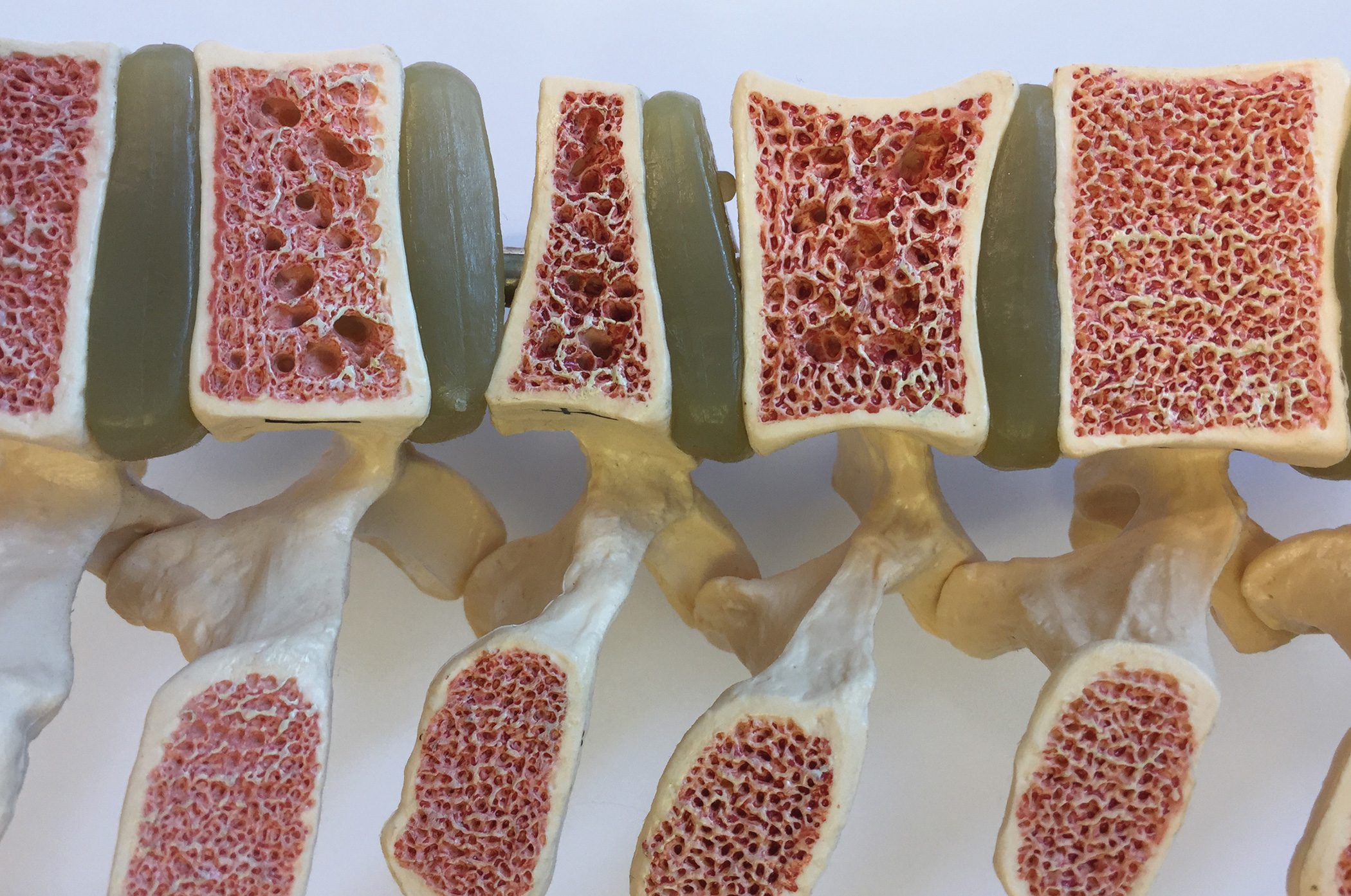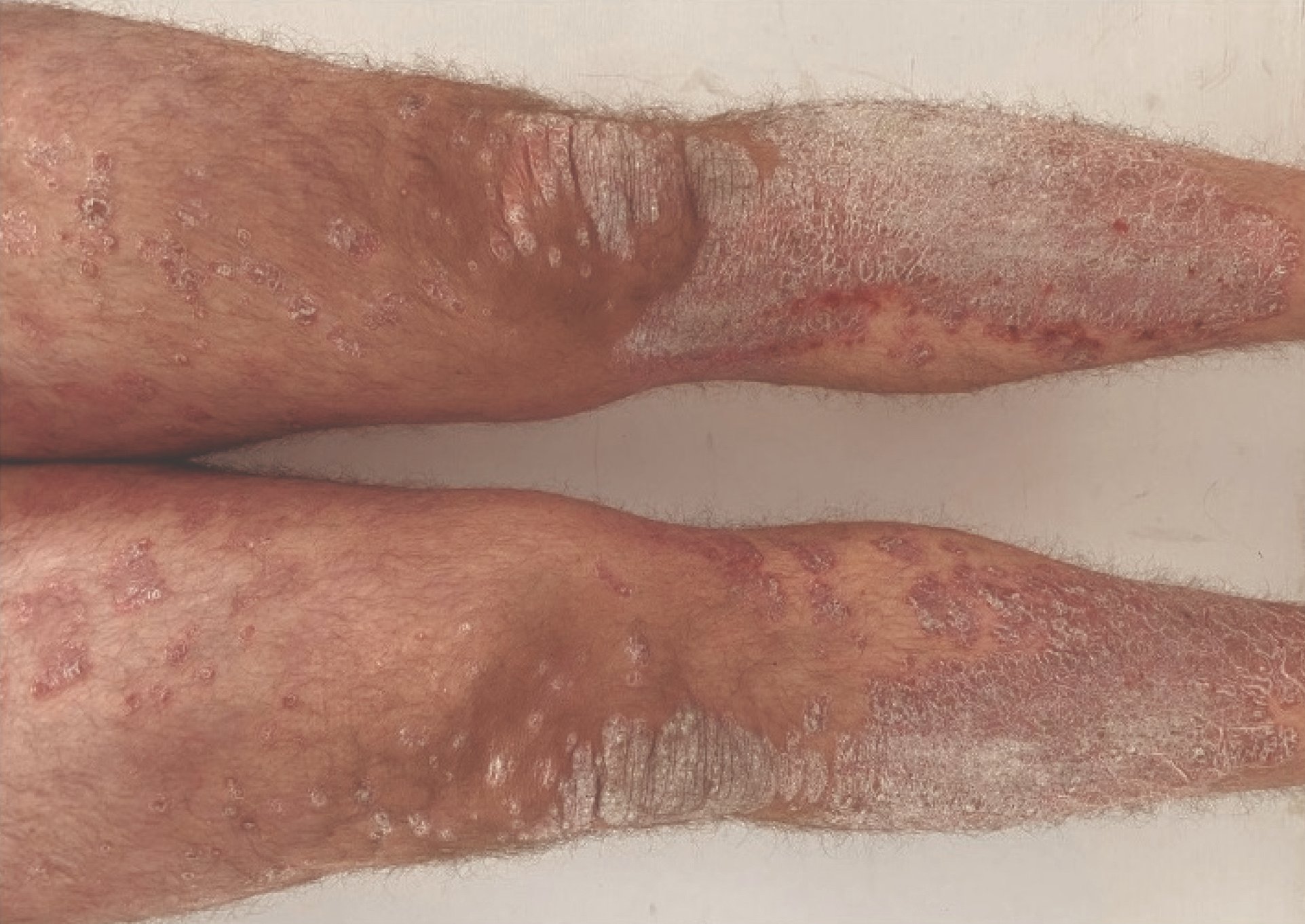In recent years, the treatment of type 2 diabetes has been expanded to include more and more options. However, this adds to the complexity of therapy selection. So what can you use as a guide?
It is estimated that around 450,000 people in Switzerland suffer from type 2 diabetes (T2D) – with an upward trend. However, it takes an average of seven years for the disease to be detected. Consequential complications such as micro- or macroangiopathies have often already manifested by then. Patients with diabetes therefore have a significantly higher risk of suffering a heart attack than people without this disease. Recent studies show that adequate glycemic control can significantly reduce the risk of secondary complications. However, the choice of the most appropriate treatment for the individual patient is very complex due to the heterogeneity of the disease as well as possible comorbidities. The introduction of new substance classes contributes to the fact that therapy can be highly individualized, but does not simplify the choice of preparation. The recommendations of the Swiss Society of Endocrinology and Diabetes have now been adapted to the current data situation.
Multifactorial treatment
Basically, treatment is built on the basis of four clinical situations: insulin deficiency, renal function, cardiovascular disease or heart failure. Depending on which factor is in the foreground, multimodal therapy management is applied. The basis is changes in lifestyle habits with appropriate nutritional therapy and regular physical activity. This is to regulate weight and positively support the adjustment of blood sugar. Further measures should take into account both the preferences of the patient, for whom weight loss and fear of hypoglycemia are often the primary concerns, and other aspects such as reduction of mortality, microvascular and macrovascular disease, or possible contraindications.
Three questions are at the heart of choosing the right antidiabetic treatment:
1. does the patient need insulin?
Insulin should be given when the HbA1c is >10% in the absence of key features of the metabolic syndrome and the patient has clinical symptoms of insulin deficiency.
2. what about kidney function?
Most medications cannot be prescribed with an eGFT <30 ml/min. If GLP-1 receptor agonists are tolerated, they can be given up to an eGFR of 15 ml/min, usually at reduced doses. DPP-4 inhibitors can be used as an alternative. However, insulin is usually required in patients with CKD stage 4 or 5. Preference is given to a basal insulin with an extremely long duration of action.
3. is heart failure present?
Glitazones should be avoided in the presence of heart failure. In addition, the goal of treatment is also to reduce mortality and cardiovascular events. Studies have shown that with regard to the treatment of heart failure or its prevention, the effects of SGLT-2 inhibitors are exceedingly convincing and should therefore be classified as the preferred class of agents.
Prevent cardiovascular events
SGLT-2 inhibitors and GLP-1 receptor agonists are two classes of compounds that have demonstrated reductions in cardiovascular events, cardiovascular mortality and all-cause mortality, and nephroprotection. GLP-1 receptor agonists appear to have an effect on the occurrence of microalbuminuria and macroalbuminuria in this regard, whereas SGLT-2 inhibitors also show an effect on hard endpoints such as reduction in eGFR of 40-50%, delayed progression of renal disease, later initiation of renal replacement therapy, and later renal death. It is recommended that these be included and combined early in the treatment regimen.
Keeping an eye on blood pressure
In addition, guidelines recommend that blood pressure also be adjusted individually. The target value for blood pressure should generally be 130/80 mmHg. In younger patients, a systolic blood pressure between 130 mmHg and 120 mmHg is recommended, and in individuals over 65 years of age, the value may be between 130-139 mmHg. The choice of medication usually resorts to the early combination of an ACE inhibitor with a calcium antagonist. Patients with diabetes have higher platelet reactivity and platelet turnover, resulting in a prothrombotic status. Inhibition of platelet aggregation by aspirin or other drugs is generally accepted in patients with existing cardiovascular disease but controversial in patients at low or moderate risk. Study results demonstrated that additional twice-daily, low-dose rivoraxaban to aspirin in a high-risk group resulted in a significant reduction in 3-point MACE, stroke, and all-cause mortality.
Set the right priorities
The different substance classes access different organ systems. Therefore, in addition to considering patient preferences, the main goal of treatment should also influence the choice of appropriate drug. If the priority is cardiovascular prevention, SGLT-2 inhibitors and GLP-1 receptor agonists are the primary options. If weight loss is the focus, metformin or GLP-1 receptor agonists may be used. If hypoglycemia is to be avoided, metformin as well as SGLT-2 inhibitors, GLP-1 receptor agonists, or DPP-4 inhibitors can be used.
Source: Annual Meeting of the Swiss Society for Endocrinology and Diabetology (SGED)
Further reading:
- www.sgedssed.ch/fileadmin/user_upload/6_Diabetologie/61_Empfehlungen_Facharzt/2020_Swiss_Recomm_Medis_DE_def.pdf (last call on 08.03.2020)
CARDIOVASC 2020; 19(1): 34-35
HAUSARZT PRAXIS 2021, 16(1): 30-31













